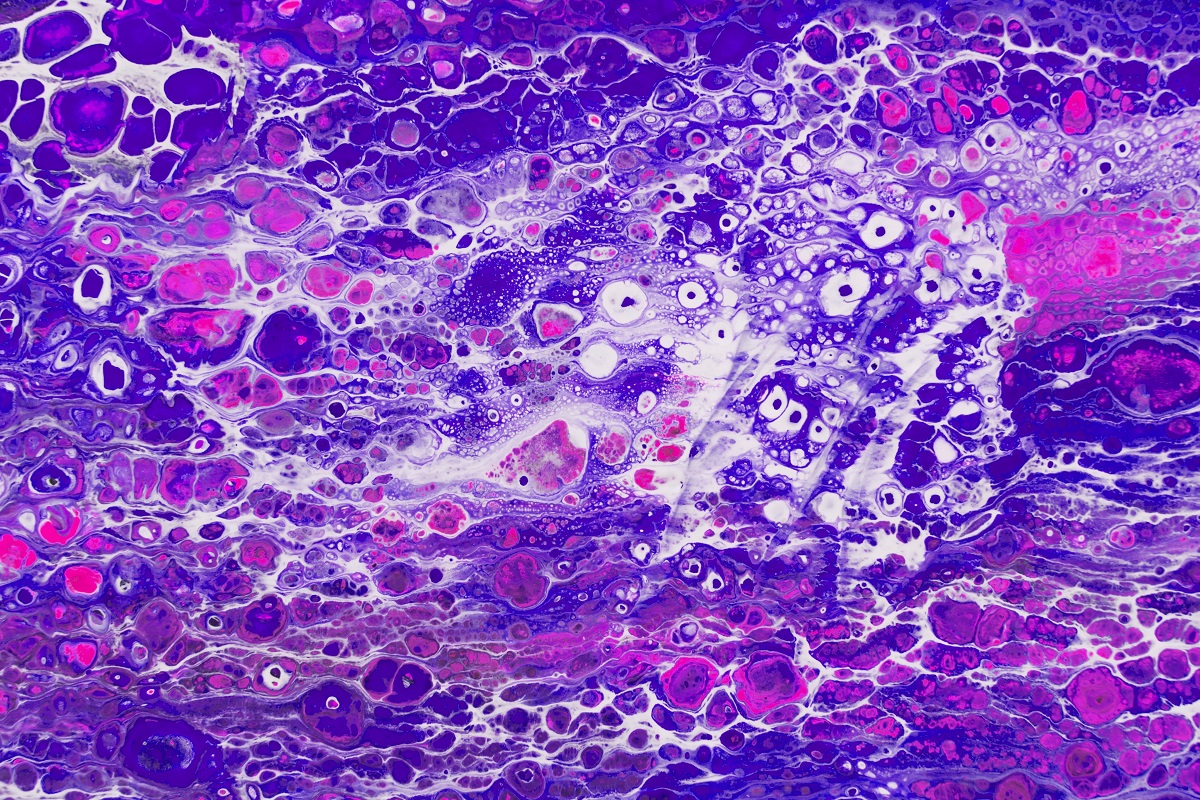KEY TAKEAWAYS
- The study aimed to investigate DSG2’s role in CC growth and immune infiltration.
- Researchers noticed elevated DSG2 is linked to poor prognosis and low immune infiltration in CC.
The 4th most common malignant disease among women worldwide is cervical cancer (CC) and it’s leading to the highest number of cancer-related fatalities. Also, Desmoglein-2 (DSG2) has been identified as a key player in several diseases, but its specific function in CC remains unclear.
Gong Zhang and the team aimed to thoroughly investigate DSG2’s role in CC through a combination of bioinformatics analysis and experimental techniques to better understand its mechanisms of action.
They performed an inclusive analysis using several online databases, including GEPIA, ONCOMINE, LinkedOmics, MetaScape, HPA, OMICS, and scRNA-seq data to investigate DSG2 in patients with CC. These platforms were utilized to explore DSG2 expression, prognosis, gene mutations, and associated signaling pathways.
Additionally, quantitative real-time PCR (qRT-PCR) and western blotting were applied to measure DSG2 expression in patient samples. Experimental assays were also conducted to assess the effects of dysregulated DSG2 on CC cell lines in vitro.
Bioinformatic analyses showed that DSG2 was notably up-regulated in CC compared to normal cervical tissues at both mRNA and protein levels. Higher levels of DSG2 were associated with poorer prognosis and various clinical parameters, including cancer stage, tumor grade, and nodal metastasis status. DSG2 expression was mainly observed in epithelial cells and increased with disease progression, especially at a single-cell level.
Furthermore, increased DSG2 expression was linked to higher tumor purity by reducing the infiltration of immune cells such as B cells, T cells, and NK cells. This over-expression was also validated in CC samples at both mRNA and protein levels. Additionally, knocking down DSG2 significantly diminished the proliferation and invasion of CC cell lines in vitro.
The study concluded that elevated levels of DSG2 were significantly associated with poor prognosis and reduced immune infiltration in CC. Consequently, DSG2 has the potential to serve as a valuable therapeutic and diagnostic biomarker for CC.
This study was funded by the Health Commission of Henan Province (222300420091) and the Scientific Research and Innovation Team of The First Affiliated Hospital of Zhengzhou University (ZYCXTD2023004).
Source: https://pubmed.ncbi.nlm.nih.gov/39226803/
Zhang G, Chen Z, Wang Y, et al. (2024). “Up-regulated DSG2 promotes tumor growth and reduces immune infiltration in cervical cancer.” Pathol Res Pract. 2024;262:155554. doi:10.1016/j.prp.2024.155554



